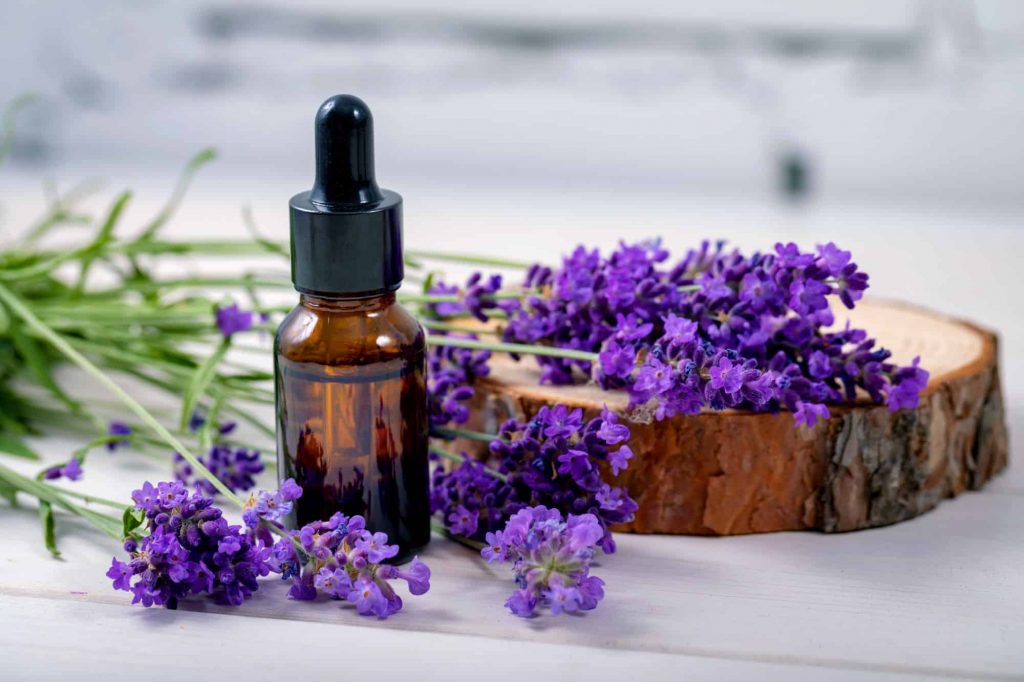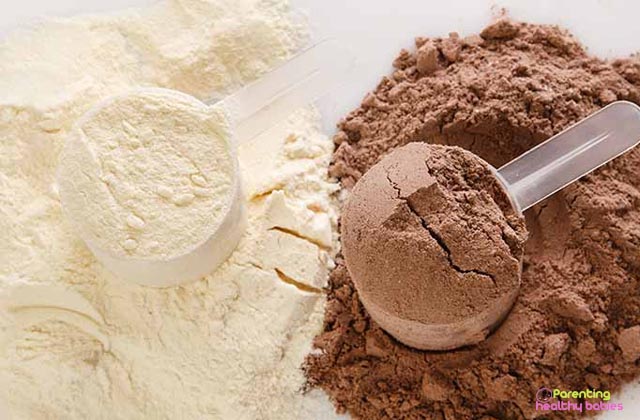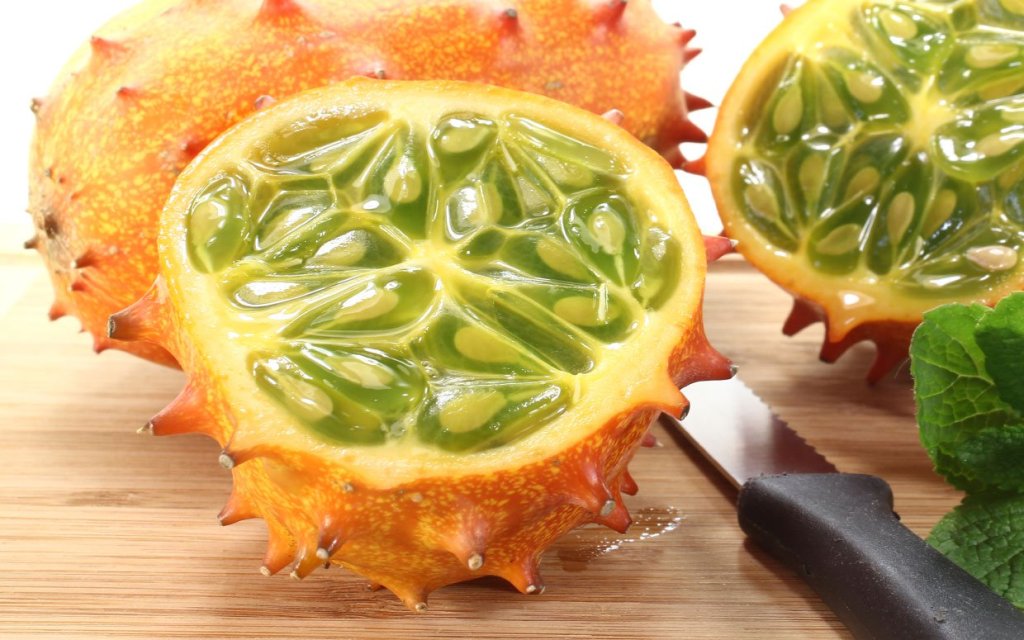A plant with needle-like grey-green leaves and small pale purple flowers, dried flowers and stems of the plant used for soap, etc. It is used for its strong and pleasant smell.
How Lavender Oil is Made?
When the dried flowers are infused into the oil, the natural lavender essential oil is extracted and transferred into a carrier oil. Popular carrier oils include extra virgin olive oil, jojoba oil, and sweet almond oil. To help you decide which type of oil to use, I’ve outlined the unique benefits and uses of lavender oil. This homemade lavender oil is different from concentrated lavender essential oil, which is made by distillation rather than steep. There are “stills” for home and hobby use, but distillation is mostly done on a large industrial scale. Also, it takes a lot of lavender flowers to produce a small amount of oil. In contrast, the method we use in this tutorial makes a lot of lavender oil with fewer flowers.
9 Must Know Benefits and Uses of Lavender Oil for Skin
Protection From Antioxidants
Free radicals, like toxins, chemicals, and pollutants, are perhaps the most dangerous and common risk factors for all diseases affecting Americans today. Free radicals are responsible for shutting down your immune system and causing incredible damage to your body. The body’s natural response to free radical damage is to produce antioxidant enzymes – specifically glutathione, catalase, and superoxide dismutase (SOD) – to prevent these free radicals from causing damage. Unfortunately, if the free radical load is high enough, your body may actually be deficient in antioxidants, which have become relatively common in the United States due to poor diet and high exposure to toxins. Fortunately, lavender is a natural antioxidant that can prevent and reverse disease. Recent studies have shown similar results, concluding that lavender has antioxidant activity that helps prevent or reverse oxidative stress.
Reduce Stress and Improve Mood
Nowadays, there is an increase in the essential need for lavender oil only for its unique ability for preventing nerve damage. Lavender has traditionally been used to treat neurological issues such as migraines, stress, anxiety, and depression, so it’s good to see this research finally catching up with history.
A variety of studies have focused on the effect of this perfect herb, especially on herbs, and found that it helps in reducing anxiety, and stress, and it can be considered a potential sedative for patients undergoing surgery and anesthesia. lt helped relieve anxiety, sleep disturbances, and depression. Additionally, there have been no adverse side effects, drug interactions, or withdrawal symptoms in studies using lavender oil.
After treatment, the study found no cases of withdrawal symptoms or adverse side effects. For stress relief and better sleep, place a diffuser next to your bed and diffuse essential oils while you sleep at night or while reading or relaxing in the family room. We can also use it topically behind the ear for the same effect.
Healthy Skin and Hair
In recent days, lavender oil has been revered for its unique ability to prevent nerve damage. Lavender has traditionally been used to treat neurological issues such as migraines, stress, anxiety, and depression, so it’s good to see this research finally catching up with history. Several studies have shown the effect of this herb on stress and anxiety levels. A 2019 study found that inhaling lavender is one of the most powerful anti-anxiety oils because it reduces perioperative anxiety and can be considered a potential sedative for patients undergoing surgery and anesthesia.
In 2013, an evidence-based study published in the International Journal of Psychiatric Clinical Practice found that supplementation with 80mg capsules of lavender essential oil helped relieve anxiety, sleep disturbances, and depression. After treatment, the study found no cases of withdrawal symptoms or adverse side effects. Another study published in 2012 involved 28 high-risk postpartum women and found that they had significantly lower rates of postpartum depression and anxiety after a 4-week aromatherapy treatment by spreading lavender at home.
Lavender has also been shown to improve symptoms of PTSD. 80mg of lavender oil daily helped reduce depression by 33% and significantly reduce sleep disturbances, mood swings, and overall well-being in 47 people with PTSD, as shown by Phytomedicine in the second phase of the trial. For stress relief and better sleep, place a diffuser next to your bed and diffuse essential oils while you sleep at night or while reading or relaxing in the family room. You can also use it topically behind the ear for a similar effect.
Treatment of Burn
Known for its antibacterial properties, lavender oil has been used for centuries to fight various infections as well as bacterial and fungal conditions. In fact, nearly 100 studies have been conducted confirming this benefit of lavender time and time again.
Studies have shown that it can speed the healing of burns, cuts, scrapes, and wounds, largely due to its antimicrobial compounds.
A study published in Evidence-Based Complementary and Alternative Medicine evaluated how the antimicrobial power of lavender was enhanced when mixed with other essential oils such as clove, cinnamon, and rosemary oil. tea tree. Researchers report that a 1:1 ratio of these oils was most effective against Candida albicans and Staphylococcus aureus – two common causes of many fungal and bacterial infections that can lead to respiratory pneumonia and skin fungus.
Supports Brain Function
Lavender’s benefits for the nervous system don’t stop with its ability to treat depression and improve mood. Research has also shown that it may serve as a potential natural treatment for Alzheimer’s disease. Studies in rats and mice have shown that inhaling oil vapors can help reduce oxidative stress in the brain and improve cognitive impairment. Also in 2012, the Swiss journal Molecules published the results of an animal study suggesting that lavender is a viable option for the treatment of neurological disorders such as stroke. Researchers believe that the neuroprotective effects of lavender are due to its antioxidant properties.
Improves Sleep and Insomnia
Researchers found that women who used aromatherapy had a significant improvement in sleep quality compared to the control group. Several studies, like this one involving mothers, have shown that lavender oil has sleeping and calming properties. Inhaling lavender has been shown to reduce sleep disturbances, improve sleep quality and duration, fight insomnia, and improve overall health.
In addition, unlike most tranquilizers, lavender does not cause any unwanted side effects. It actually promotes overall physical and mental health. To improve the quality of your sleep, spray lavender oil in your bedroom before going to bed or while you sleep. You can also put three to five drops directly on your neck, chest, and temples. A healing bath with 15 drops of lavender and a cup of Epsom salts in the bath is another effective way to use lavender oil to improve sleep and relax the body.
A blend of lavender oil, roman chamomile, and magnesium oil is the perfect combination to improve sleep. Simply apply this mixture to the back of the neck and wrists to create a feeling of calm and peace.
Helps in the Therapy of Cancer
Lavender oil helps cancer patients to cope with stress, nausea, chronic pain, and depression. Since lavender oil boosts the immune system, improves mood, improves sleep, and fights stress, it can be used as a healing agent. Massage lavender oil into the neck, chest, wrists, and temples for a relaxing and calming effect. If you experience muscle or joint pain, or pain at the injection site, apply two to three drops of lavender to the affected area. To relieve stress and anxiety and improve sleep, diffuse lavender or inhale directly from the bottle. It is particularly useful before and after surgical and chemotherapy treatments.
Treating Bug Bites
Studies have shown that lavender is effective in repelling mosquitoes for up to 8 hours. By combining it with other essential oils, such as lemongrass, people can make their own eco-friendly insecticides.
In addition, the antimicrobial properties of lavender oil help prevent infection from insect bites.
Treatment of Diabetes
Tunisian scientists have embarked on a fascinating task: testing the effect of lavender on blood sugar to see if it can help reverse diabetes naturally.
In a 15-day animal study, what researchers observed was absolutely astounding. In short, lavender essential oil treatment protects the body from the following symptoms of diabetes:
- High blood sugar (a hallmark of diabetes)
- Metabolic disorders (especially fat metabolism)
- Weight gain
- Depletion of liver antioxidants and kidneys and kidney function and kidney function, liver, and kidney fat peroxidation (when free radicals “steal” essential fat molecules from cell membranes) of plant extracts. To use for diabetes, use topically on the neck and chest, diffuse at home, or supplement.
Note: As we know essential oils are not too good for the skin because it’s a little harsh for applying directly, it’s important to mix them with a carrier oil first. Depending on the purpose, people can mix lavender oil with things like argan, coconut, or jojoba oil. For most uses, a person can massage the oil mixture into the skin with fingers or a cotton ball. Always wash your hands before applying any mixture containing lavender oil to your skin. Lavender oil can also be used in steam facials for acne or similar problems. However, be careful not to expose your face to very hot steam.
Sources:













